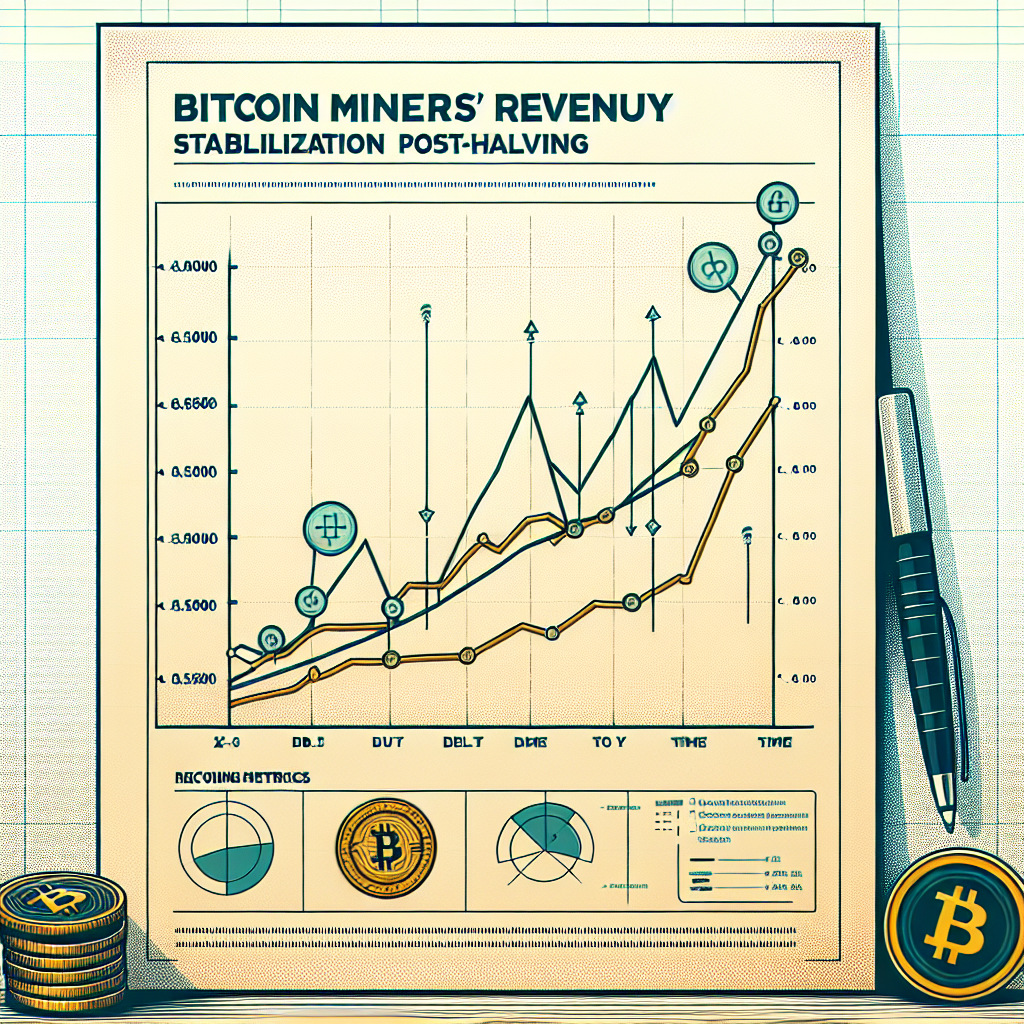
Major Political Developments Shaping April 5, 2025
On April 5, 2025, significant political developments unfolded across the globe, reshaping international relations and domestic policies alike. In Europe, diplomatic tensions intensified as negotiations between the European Union and the United Kingdom reached a critical juncture. After months of deliberation, both parties appeared closer to finalizing a comprehensive trade agreement aimed at resolving lingering post-Brexit disputes. However, disagreements over regulatory alignment and border controls continued to pose substantial hurdles. European leaders expressed cautious optimism, emphasizing the importance of compromise and collaboration to ensure economic stability and political cohesion across the continent.
Meanwhile, in the United States, political discourse centered around the unveiling of a major infrastructure initiative proposed by the administration. The ambitious plan, valued at over two trillion dollars, seeks to modernize transportation networks, expand renewable energy projects, and enhance digital connectivity nationwide. While proponents praised the initiative as a necessary investment in America’s future competitiveness, critics raised concerns regarding its funding mechanisms and potential impact on national debt. Congressional leaders from both parties signaled willingness to engage in bipartisan discussions, though significant debate is anticipated in the coming weeks as lawmakers scrutinize the proposal’s details.
In Asia, diplomatic relations between China and neighboring countries experienced notable developments. Chinese officials announced a series of high-level meetings scheduled with representatives from Japan, South Korea, and ASEAN member states, aimed at addressing regional security concerns and fostering economic cooperation. These diplomatic engagements come amid ongoing territorial disputes in the South China Sea and heightened tensions surrounding trade and technology competition. Analysts suggest that these dialogues could pave the way for improved regional stability, provided that all parties demonstrate genuine commitment to diplomatic solutions and mutual respect.
Simultaneously, political developments in the Middle East captured international attention as peace negotiations between regional powers showed signs of progress. Representatives from Saudi Arabia and Iran convened in neutral territory to discuss potential avenues for reducing tensions and promoting regional stability. Facilitated by international mediators, these talks represent a significant diplomatic breakthrough, given the longstanding rivalry between the two nations. Observers remain cautiously optimistic, recognizing that sustained dialogue and mutual concessions will be essential to achieving lasting peace and cooperation in the region.
In Africa, political leaders gathered in Addis Ababa for a summit organized by the African Union, focusing on continental integration and economic development. Discussions centered around initiatives aimed at enhancing intra-African trade, infrastructure connectivity, and regional security cooperation. Leaders emphasized the importance of unity and collective action in addressing shared challenges such as poverty, climate change, and political instability. The summit concluded with commitments to strengthen regional institutions and accelerate implementation of the African Continental Free Trade Area agreement, signaling a renewed determination to foster sustainable growth and prosperity across the continent.
Collectively, these political developments on April 5, 2025, underscore the interconnected nature of global affairs and the importance of diplomatic engagement in addressing complex challenges. As nations navigate shifting geopolitical landscapes, continued dialogue, cooperation, and compromise will remain essential in shaping a stable and prosperous international community.
Key Global Events and Headlines from April 5, 2025

On April 5, 2025, several significant global events captured international attention, highlighting ongoing geopolitical developments, economic shifts, and environmental concerns. In Europe, diplomatic efforts intensified as leaders convened in Brussels to address escalating tensions in Eastern Europe. The summit, attended by representatives from the European Union, NATO, and neighboring countries, aimed to establish a unified response to recent border disputes and military activities. Discussions emphasized the importance of diplomatic dialogue and underscored the necessity of maintaining regional stability. Analysts noted that the outcomes of this summit could significantly influence future diplomatic relations and security arrangements across the continent.
Meanwhile, in Asia, economic developments took center stage as China announced new trade agreements with several Southeast Asian nations. These agreements, designed to enhance regional economic integration and cooperation, include substantial investments in infrastructure, technology, and renewable energy projects. Experts suggest that these initiatives could reshape economic dynamics in the region, potentially strengthening China’s influence while providing significant economic opportunities for participating countries. However, some observers expressed concerns regarding the potential geopolitical implications of China’s expanding economic footprint, urging caution and balanced engagement from regional governments.
In the Middle East, humanitarian organizations raised alarms over the worsening humanitarian crisis in Yemen, calling for immediate international intervention. Reports indicated that food shortages, limited access to healthcare, and ongoing conflict have exacerbated the suffering of millions of civilians. The United Nations issued an urgent appeal for increased humanitarian aid and diplomatic efforts to facilitate peace negotiations. International leaders responded by pledging additional resources and support, emphasizing the critical need for coordinated global action to alleviate human suffering and stabilize the region.
Across the Atlantic, the United States government unveiled ambitious new climate policies aimed at significantly reducing carbon emissions by 2035. The announcement included substantial investments in renewable energy infrastructure, incentives for electric vehicle adoption, and stricter regulations on industrial emissions. Environmental advocates praised the initiative as a crucial step toward addressing climate change, while industry representatives expressed concerns about potential economic impacts and called for balanced implementation strategies. The policy announcement coincided with similar commitments from Canada and several Latin American countries, signaling a growing regional consensus on the urgency of climate action.
In Africa, health officials reported promising progress in combating infectious diseases, particularly malaria and tuberculosis. New vaccine trials conducted in collaboration with international health organizations demonstrated encouraging results, offering hope for improved public health outcomes across the continent. Health experts emphasized the importance of continued investment in healthcare infrastructure and research to sustain these gains and address remaining challenges. International donors pledged additional funding to support ongoing health initiatives, recognizing the critical role of global cooperation in achieving lasting improvements in public health.
Finally, global financial markets experienced moderate fluctuations amid uncertainty surrounding international trade negotiations and geopolitical tensions. Investors remained cautious, closely monitoring developments in Europe and Asia, as well as the potential economic impacts of new climate policies announced by major economies. Financial analysts advised vigilance and strategic planning, highlighting the interconnected nature of global markets and the importance of adaptive investment strategies in navigating uncertain economic conditions.
Overall, the events of April 5, 2025, underscored the interconnectedness of global affairs, highlighting the importance of international cooperation and strategic diplomacy in addressing complex challenges. As nations continue to navigate geopolitical tensions, economic shifts, and environmental concerns, coordinated global action remains essential for achieving sustainable progress and stability.
Top Business and Technology News Highlights for April 5, 2025
On April 5, 2025, several significant developments emerged in the business and technology sectors, reflecting ongoing trends and highlighting new opportunities for growth and innovation. Among the day’s most notable events was the announcement by global technology giant TechNova of its strategic partnership with renewable energy leader GreenWave Energy. This collaboration aims to accelerate the development of advanced battery storage solutions, a critical step toward achieving sustainable energy goals worldwide. The partnership is expected to leverage TechNova’s expertise in artificial intelligence and GreenWave’s extensive experience in renewable energy infrastructure, potentially revolutionizing energy storage capabilities and significantly reducing reliance on fossil fuels.
In the automotive industry, electric vehicle manufacturer Electra Motors unveiled its latest model, the Electra X5, which promises an unprecedented driving range of 600 miles per charge. This breakthrough represents a substantial improvement over existing electric vehicles and could significantly boost consumer confidence in electric transportation. Electra Motors attributes this advancement to its proprietary battery technology, which incorporates innovative materials and enhanced energy density. Industry analysts predict that the Electra X5’s impressive range and competitive pricing will position the company as a formidable competitor in the rapidly expanding electric vehicle market.
Meanwhile, the financial sector experienced notable activity as global investment firm CapitalBridge announced its acquisition of fintech startup PaySphere for $2.3 billion. PaySphere, known for its innovative digital payment solutions and blockchain-based transaction security, has rapidly gained market share in recent years. CapitalBridge’s acquisition underscores the growing importance of fintech solutions in traditional financial services and highlights the industry’s ongoing shift toward digital transformation. The integration of PaySphere’s technology into CapitalBridge’s existing financial platforms is expected to enhance transaction efficiency, security, and customer experience, further solidifying the firm’s competitive advantage in the global financial market.
In another significant development, leading semiconductor manufacturer QuantumChip Technologies revealed plans to construct a new state-of-the-art fabrication facility in Austin, Texas. The $5 billion investment aims to address the global semiconductor shortage that has disrupted supply chains across multiple industries, including automotive, consumer electronics, and telecommunications. QuantumChip’s new facility will incorporate advanced manufacturing processes and automation technologies, significantly increasing production capacity and efficiency. This expansion is anticipated to create thousands of high-skilled jobs and strengthen the United States’ position in the global semiconductor market.
Additionally, cybersecurity firm SecureNet released its annual cybersecurity threat report, highlighting a substantial increase in cyberattacks targeting critical infrastructure and healthcare systems. The report emphasizes the growing sophistication of cybercriminals and the urgent need for organizations to adopt proactive cybersecurity measures. SecureNet’s findings underscore the importance of investing in advanced threat detection technologies, employee training, and robust incident response strategies to mitigate potential risks and safeguard sensitive data.
Finally, e-commerce giant ShopEase announced the launch of its new augmented reality (AR) shopping platform, designed to enhance customer engagement and streamline the online shopping experience. The platform allows consumers to virtually try on clothing, accessories, and cosmetics, significantly reducing returns and increasing customer satisfaction. ShopEase’s innovative AR technology represents a significant advancement in e-commerce, demonstrating the industry’s continued commitment to leveraging emerging technologies to meet evolving consumer expectations.
Collectively, these developments illustrate the dynamic nature of the business and technology sectors, highlighting ongoing innovation and strategic investments that promise to shape the global economy in the coming years.




